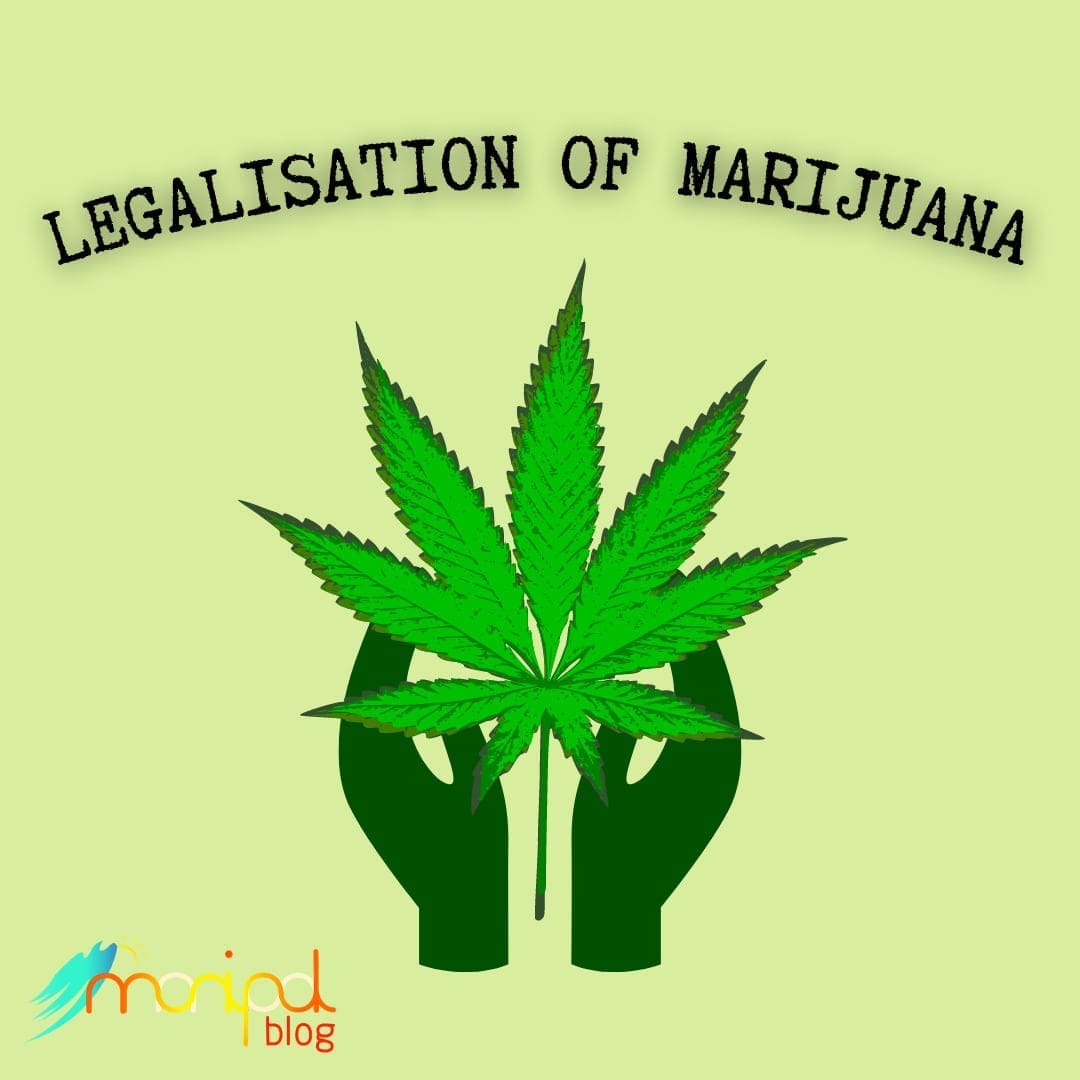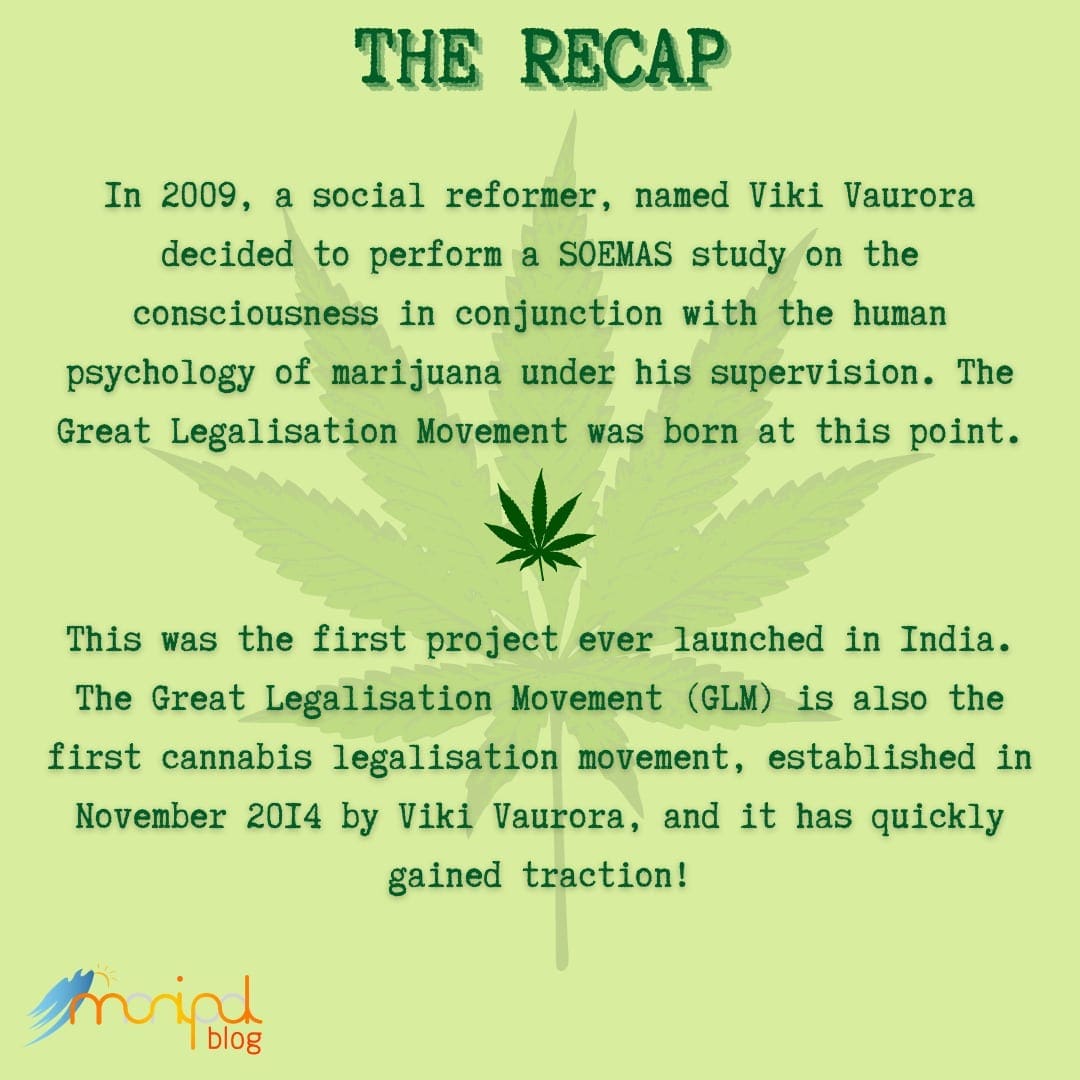
Marijuana (also commonly known as hemp, cannabis, or pot) consumption is very common across India. However, it does not entice the same kind of stigma which other psychotic and hard drugs do in this country. Marijuana and its derivatives are illegal and consequently banned in India under the Narcotic Drugs and Psychotropic Substances (NDPS) Act of 1985. However, the cultivation of marijuana and hemp for horticultural and industrial purposes is legal in our country.
Cannabis oil (or hashish oil) is used in India for the treatment of many illnesses. The main concern which arises is that there are a lot of adulterated cannabis products in the market and are far more injurious to the human body than the pure plant itself.
The term Cannabis is a generic name since it is derived from the Cannabis sativa plant. Marijuana is a Mexican word (and the name of the species) and is a frequently used name for products made from Cannabis leaves and other parts of the plant.
Many currently banned drugs, such as cocaine, opium, and psychedelics have been used for hundreds of years for medical, recreational, and spiritual purposes.
So why is there a difference between some drugs in terms of legality?
Historical Background of Marijuana and The Drug War
The oldest reference to the use of Marijuana is not known yet but what’s certain is that around 3,000 BC, Cannabis was consumed by people in some form. In India, evidence from 1,000 BC onward supports its use by many people. Marijuana has been used in India for recreational and medical purposes forever. In its traditional form, hemp was used to make natural medicine and as a fiber to make textiles. There are also theories related to marijuana’s association with Lord Shiva as a part of Indian folklore.
In the 1960s, as drugs became symbols of rebellious behavior, political disapproval, and social degradation, the US government halted drug research related to medical safety. In June 1971, Richard M. Nixon declared a “war on drugs.” It basically meant forming policies related to drugs which dramatically increased the presence of federal drug control agencies and pushed through measures like mandatory sentencing. It is believed that organized crime in India related to drug trafficking is still run by Indian and Russian mafias from Goa, a state in India.
India Favoured Decriminalisation of Marijuana within the UN
Cannabis was on the Commission on Narcotic Drugs (CND)’s prohibited list (which included heroin, cocaine, etc.) which warranted strict control on its supply, production, consumption, and even its use for medical purposes. The UN said the choice has been made to recognize the therapeutic and medicinal potential of the commonly used but still illegal recreational drug. An important fact stated by the UN was that the reclassification of cannabis could “act as a catalyst for countries to legalize the drug for medicinal use, and reconsider laws on its recreational use”.
Given the commercial scope of the plant, China has emerged as one of the foremost players within the global cannabis market. China voted against the reclassification of Marijuana within the United Nations. Despite prohibiting the cultivation of cannabis and its narcotic use, China recognized the medicinal and industrial potential of Marijuana.

Unlike China, India voted for the reclassification of cannabis from Schedule IV of the 1961 convention (which included heavy drugs like cocaine and heroin) within the UN. While domestic laws in India related to Cannabis still remain stringent, this might speed up the process for change.
Why Legalisation of Marijuana Stands Unerring
Legalizing marijuana can help reduce addiction which will prove that there is no stigma around its use. For example, the use of marijuana fell considerably in Portugal after the country decriminalized hash and weed in 2001.
One of the strongest arguments which are in favor of legalizing cannabis is that a legalized product could even be better regulated for price, quality, and commercial purposes. It is not as if the government is not aware of the illegal trading of drugs, marijuana getting legalized could be beneficial for the country’s economy. Furthermore, if marijuana is legalized then people will not get sent to jail for using it.
If there is no evidence present, marijuana use should be “decriminalized.” There should be a civil fine imposed, which is understandable but it will certainly avoid maintaining criminal records and imposing harsh punishments for possessing a substance that is arguably safer than alcohol.
On a much amusing note, people who were hesitant to get the Coronavirus vaccine were offered incentives including cash, and even alcohol in May 2021. And one of the astonishing perks announced was getting free marijuana with a Covid-19 vaccine known as “Joint for Jabs”, which is proving to be marvelous for cannabis enthusiasts across the United States.

Be the first to comment